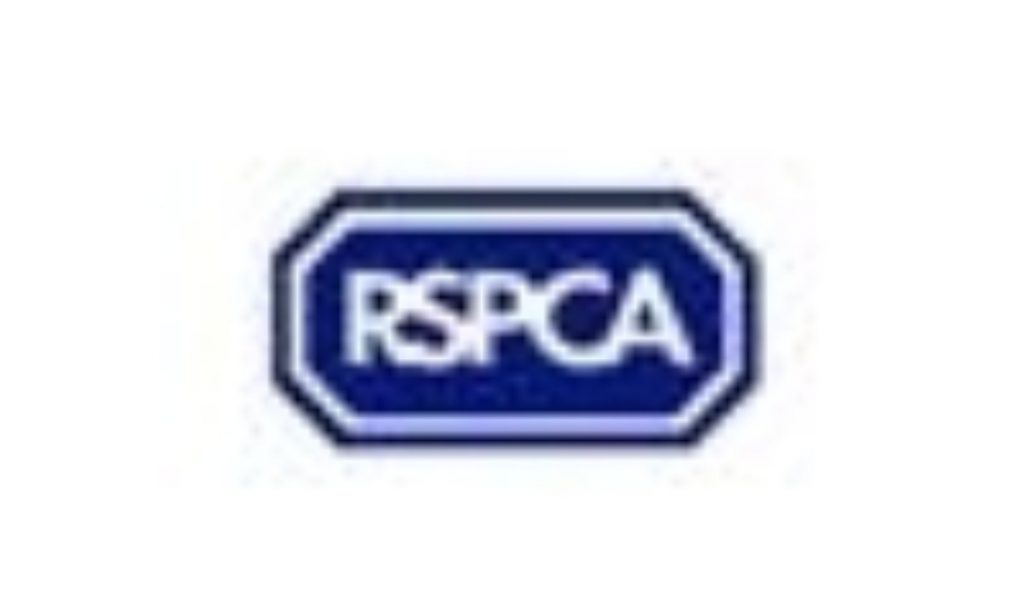RSPCA equine inspectors at the Grand National
Jockeys reminded not to overuse the whip or win at all costs
A team of specially-trained RSPCA equine inspectors will be attending the three day Grand National meeting this year.
The handpicked team are all trained equine inspectors who all have a passion for horses and have personal experience in areas such as of racing, point-to-point and eventing.
They will be joined the world famous course by an RSPCA superintendent, a chief inspector, and the RSPCA's equine consultant, David Muir.
Chief Inspector Cathy Hyde (pictured), the RSPCA’s national equine co-ordinator, said: “Our equine inspectors are passionate about horses. They are highly trained professionals with specialist equine knowledge, they all have horsey backgrounds and they know what they are talking about when it comes to welfare.
“We will be at Aintree for racehorses’ welfare. I’m proud to be heading a team of professional, experienced inspectors with a love of horses who will be making sure welfare is the real winner.”
The RSPCA recently formed a team of equine inspectors to deal with the horse crisis with growing numbers being cruelly abandoned and neglected*. We have about 500 horses in our care, 70 per cent more than this time last year, which cost more than £2.5 million a year to look after.
The equine inspectors will be at Aintree throughout the three-day meet in the run-up to the Grand National – widely regarded as the world's most testing jump race.
The move comes after the tragic death of five horses at the Cheltenham Festival and is part of ongoing efforts to improve welfare for racehorses across the sport.
The RSPCA has successfully worked closely with the British Horseracing Authority and the management of Aintree in recent years to introduce a number of welfare improvements including:
— The provision of going no faster than good **
— Jumps have been modified to make them safer and more inviting for horses***
— The introduction of shock absorbent whips
— New whip rules which restrict the number of times a jockey can use the whip during a race
— Pre-race veterinary inspections for all horses
— Run-out areas have been created to allow loose horses to leave the course safely
— Tighter entry controls for horses and riders, eg no amateur jockeys are permitted, handicap levels have been raised and the BHA can declare any horse unfit
— Rubberised walkways to prevent horses slipping and getting injured
— Jockeys can no longer remount horses if they have fallen
The RSPCA’s equine consultant, David Muir said: “There have been many equine welfare
improvements over the years and the BHA and Aintree management have agreed to continue to take into account the RSPCA’s concerns and explore the means of further reducing the risk factors to horses. I am pleased that the course will have been watered so it runs no faster than good.
"Once again I would like to remind jockeys although I am aware of their desire in wanting to win, it must not be at all costs. Overly tired horses and those not in contention should be pulled up to ensure their safe return to stables, the paramount factor in racing.
He added: "With relatively few exceptions, I was satisfied that the jockeys endorsed the new whip rules in the spirit of the changes at the Cheltenham Festival. I would like to congratulate the stewards on the manner the rules were enforced and hope this will continue at Aintree".
ends
Notes to editors
Information and photographs of the equine inspectors are available on request from the press office.
*Last year we received less than two complaints a day about abandoned horses (1.8) so far this year (up to Feb 2012) it’s risen to 2.5 a day. The RSPCA has also trained specialist wildlife and exotics inspectors
** The firmer the going the faster horses run and the greater the risk
***Modifications include angling fences to make them more inviting for horses to jump, padding of fence bars for extra protection, widening of the first fence so horses are less likely to bunch together and fall, rounded chase fence with a clear toe bar to give horses and jockeys a clearer view of the take-off zone, improvements to Becher's Brook on the landing side include a higher landing zone, a large ditch has been removed, the steep bank reduced.
RSPCA, Wilberforce Way, Southwater, Horsham, West Sussex RH13 9RS
Press office direct lines: 0300 123 0244/0288 Fax: 0303 123 0099
Duty press officer (evenings and weekends) Tel 08448 222888 and ask for pager number 828825
Email: press@rspca.org.uk Website: www.rspca.org.uk





-01.png)